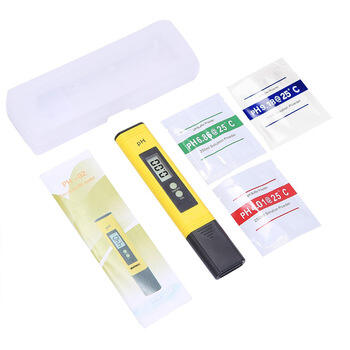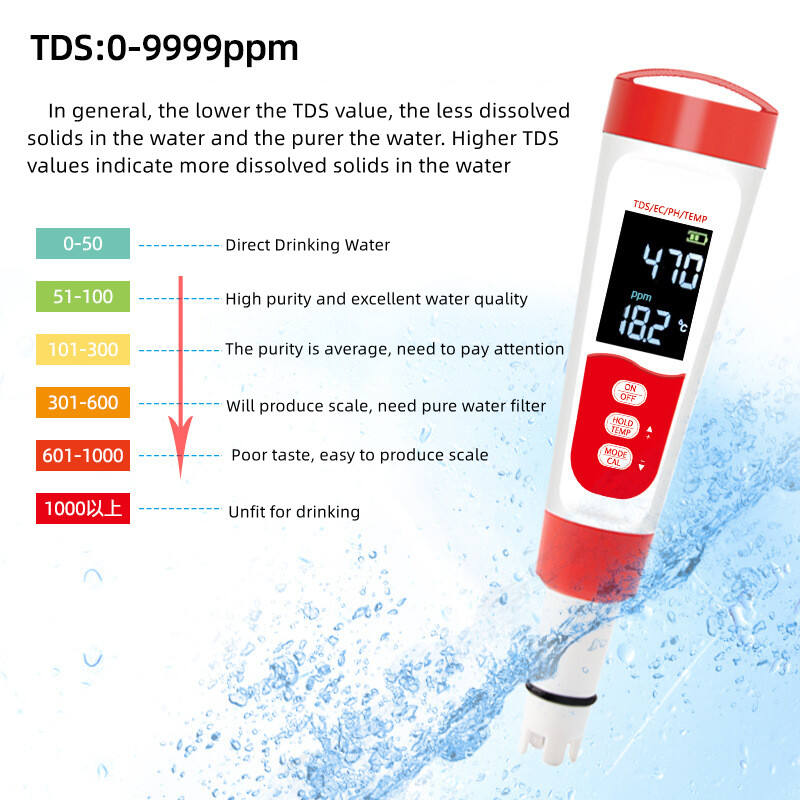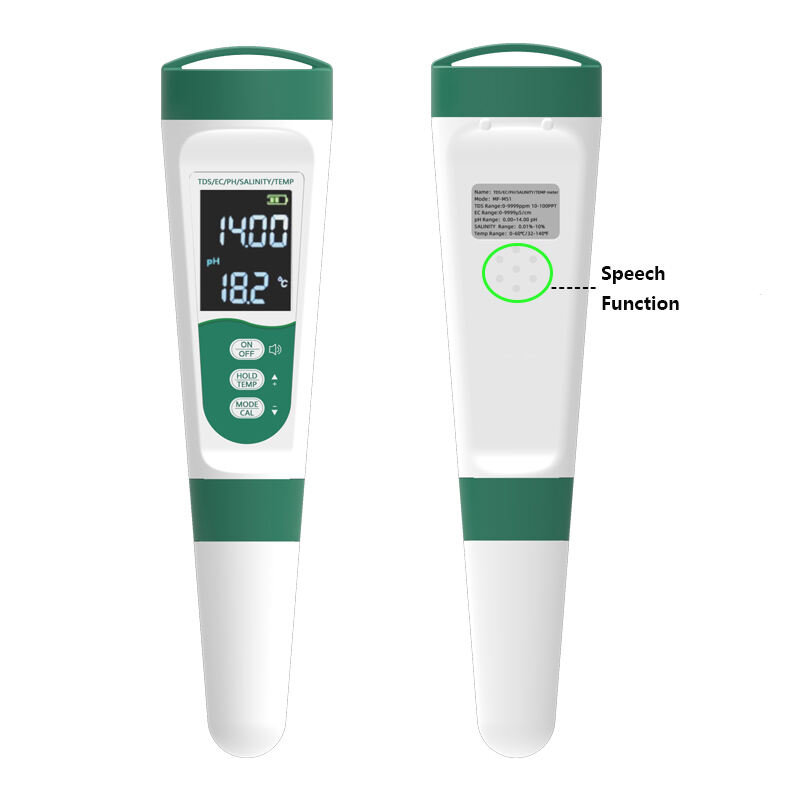testues pH hidroponik
Testuesi i pH-së hidroponike është një instrument saktësi i nevojshëm, ndajtë për të matur dhe monitoruar nivelët e qarkut ose bazës në zgjidhje rritese hidroponike. Ky pajisje avancuar ofron lexime sakte pH në kohë reale, të cilat janë thelbësore për mbajtjen e kushteve mëtejshme të rritjes në sisteme hidroponike. Testuesi zakonisht ka një displaj digital që tregon matje të përshtatshme që largohen nga 0 deri në 14 në skallën e pH-së, me shumicën e aplikimeve hidroponike të kërkojnë lexime midis 5.5 dhe 6.5. Testuesit e pH-së hidroponike moderne vijnë ehnjektuar me teknologji ATC (kompensim temperaturë automatik), duke siguruar lexime të sakta pa llogarit vargjet e temperaturës së zgjidhjes. Pajisja përdor eldor të ndjeshëm që mund të zbulojnë ndryshore të vegjël në koncentracionin e jonave hidrogen, duke ofruar rritësitë informacion të rëndësishëm në lidhje me nivelin e pH-së të zgjidhjes së nutrimenteve. Shumica e modelave përfshin kapak të pambarur për truhashmëri dhe gjatëvijësi, gjithashtu me aftësi kalibruese automatike për të ruajtur saktesinë nëpër kohë. Këto testues tërheqin funksione të shtesë si funksion hold për lexime të qëndruara, indikator bateri e ulët dhe funksion memorie për të ndjekur matjet historike. Natyra e tyre kompakte dhe portabile bën ato ideale për të dy shenjat e larg dhe operacione hidroponike komerciale të madhe.


